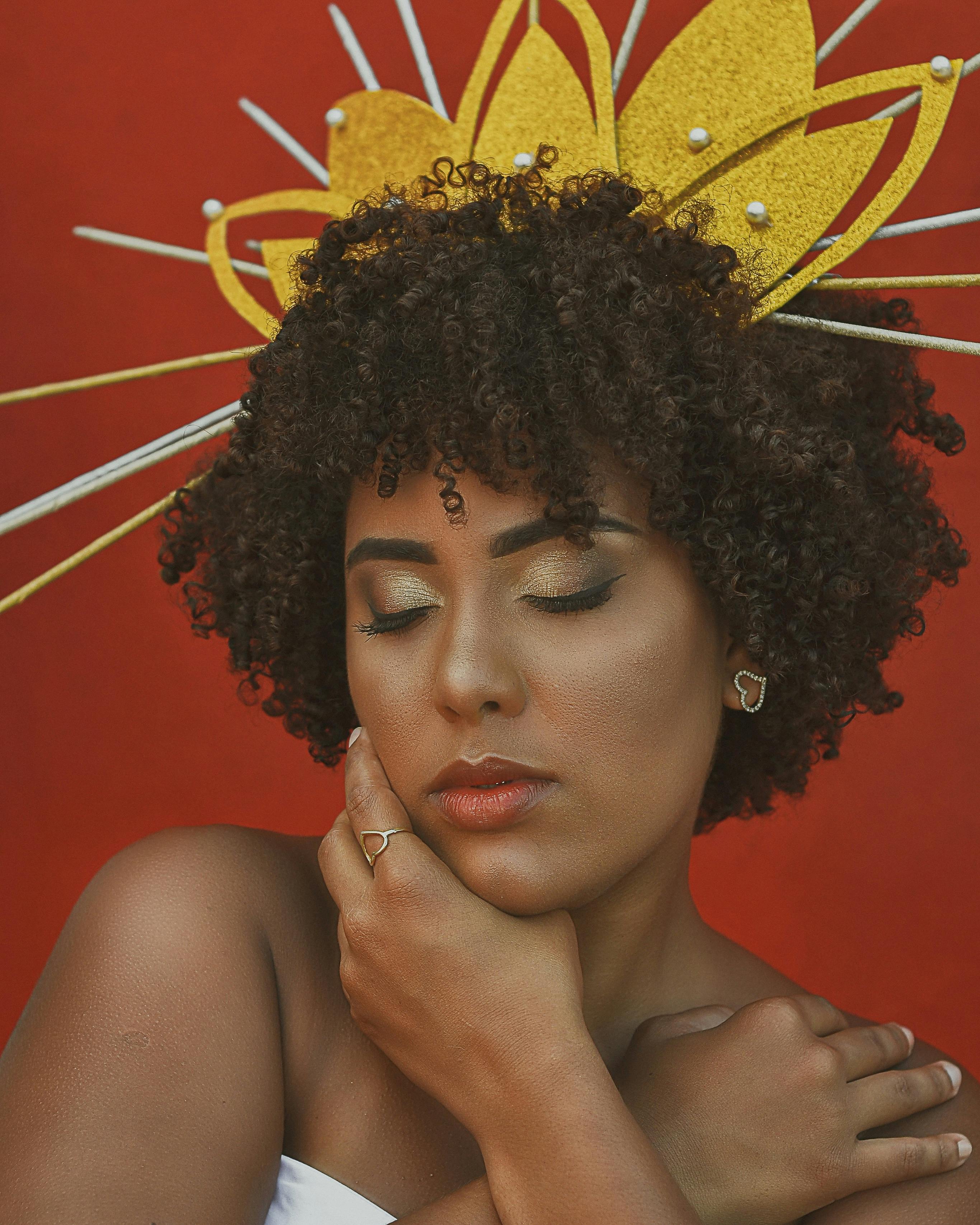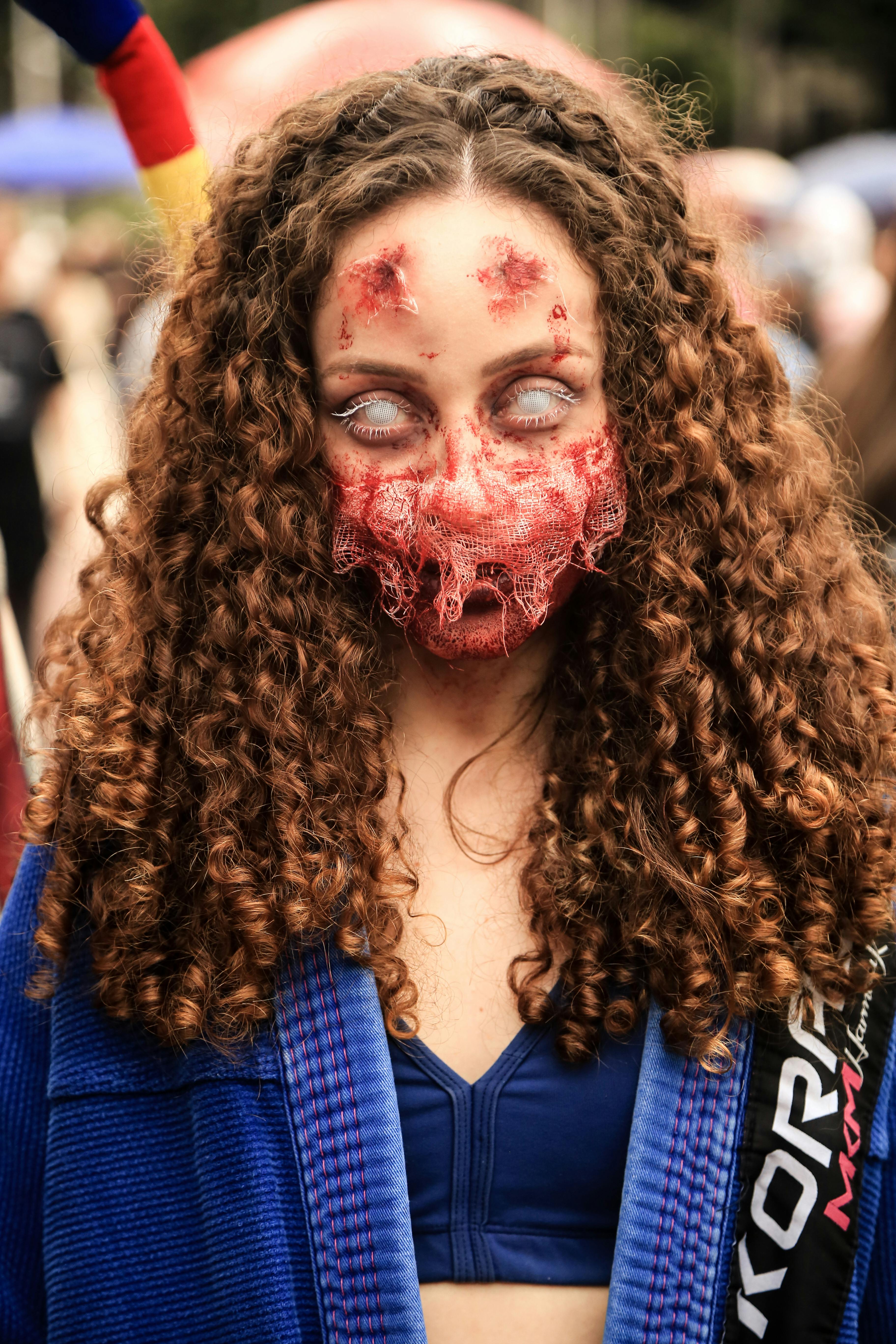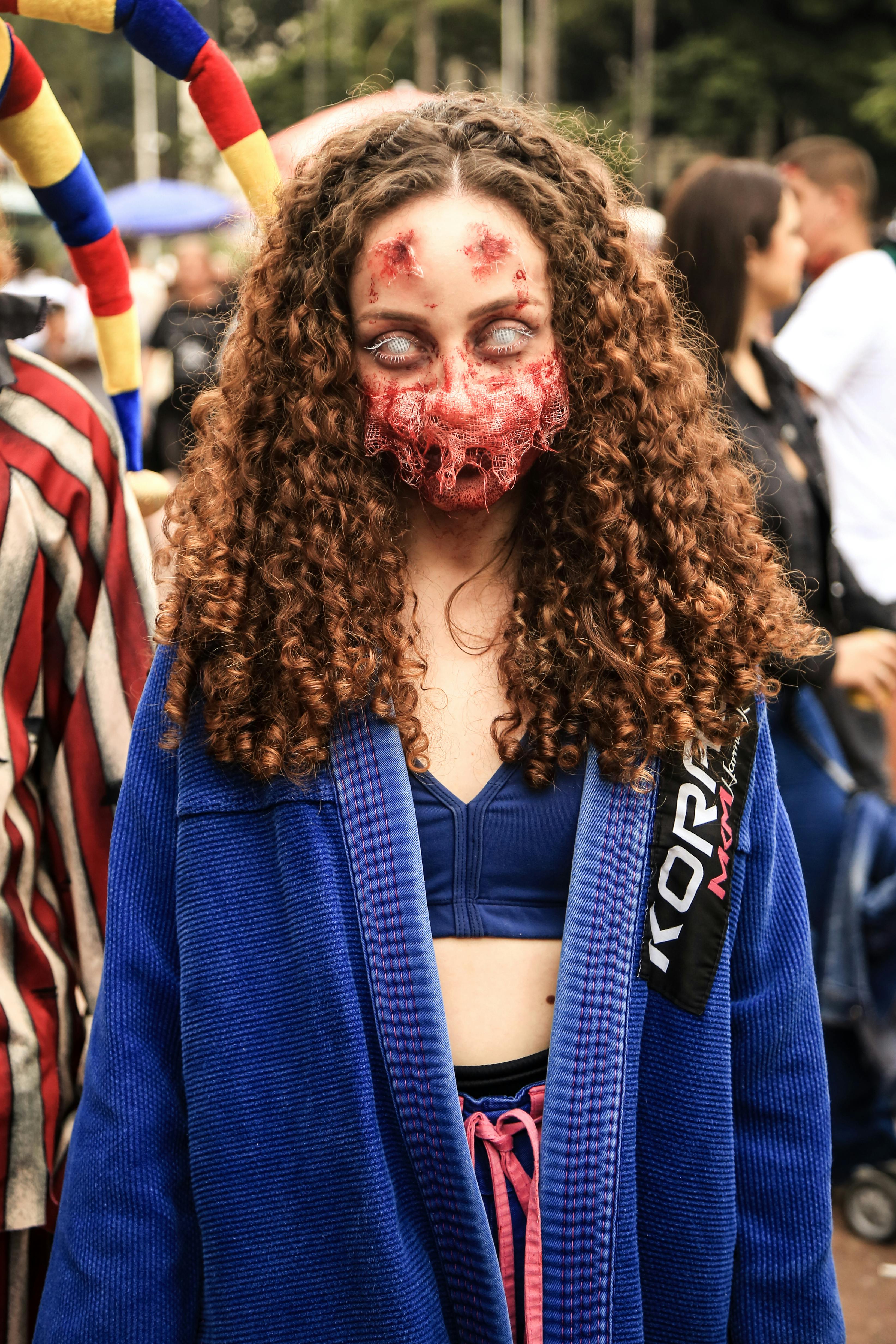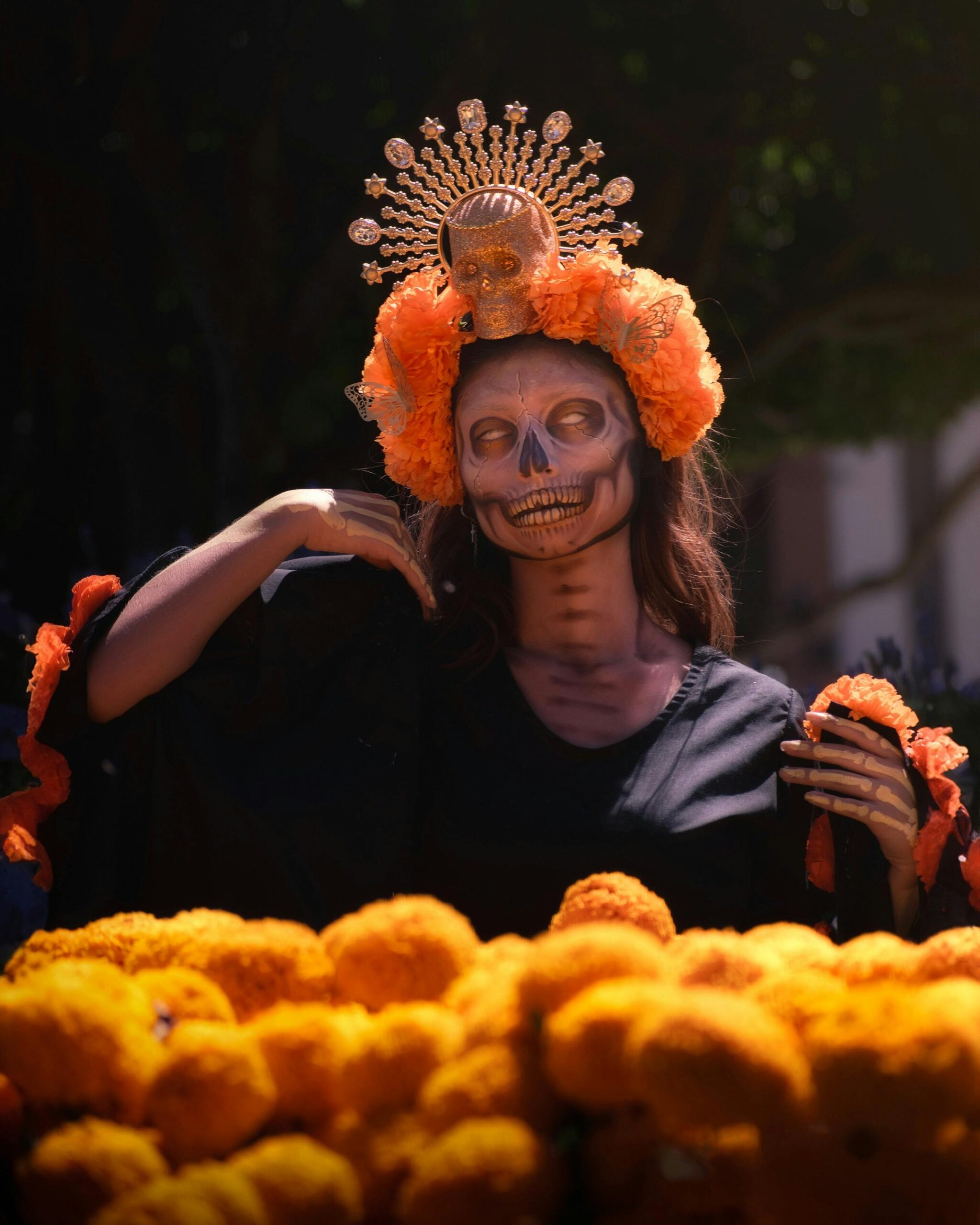You’ve probably heard of makeup artists, but have you ever wondered what exactly a freelance makeup artist is? A freelance makeup artist, simply put, is a professional who works independently and offers makeup services on a project basis. They are not tied to a specific salon or beauty brand, giving them the flexibility to cater to a wide range of clients and work on various projects. In this article, we’ll explore the world of freelance makeup artists, their unique skills, and the opportunities they bring to the beauty industry. So, if you’ve ever wondered what it takes to become a freelance makeup artist or are interested in booking one for your next event, keep reading!
What Is a Freelance Makeup Artist?
A freelance makeup artist is a professional who offers makeup services on a freelance basis. Instead of working for a particular employer or a beauty salon, a freelance makeup artist works independently and has the flexibility to choose their clients and projects. They typically provide makeup services for special occasions such as weddings, proms, photo shoots, and other events where professional makeup is desired.
Definition
A freelance makeup artist is a skilled and creative professional who uses various techniques and products to enhance and transform the appearance of an individual’s face. They are trained experts in the art of makeup application and have an eye for detail. Their ultimate goal is to help clients look their best by accentuating their features and conveying the desired look, whether it be natural and subtle or bold and dramatic.
Skills and Qualifications
To excel as a freelance makeup artist, you need a combination of skills, creativity, and passion for beauty. Strong communication skills are crucial as you will be working closely with clients to understand their preferences and provide the desired look. Knowledge of different skin types, face shapes, and how makeup products interact with each other is essential. Additionally, having a sense of style and being up-to-date with the latest makeup trends can help you stay competitive in the industry.
As for qualifications, some professional makeup artists pursue formal education by attending makeup artistry schools or completing certification courses. While formal education can provide a solid foundation, it is not always a requirement to become a successful freelance makeup artist. Experience, on the other hand, is highly valued in the industry. Building a portfolio of your work and continuously updating your skills through workshops and self-study can set you apart from the competition.

Job Duties
As a freelance makeup artist, your job duties will revolve around providing makeup services to clients. This includes but is not limited to:
-
Consultations: Meeting with clients to discuss their desired look and ensuring that their expectations are met. This may involve assessing their skin type, facial features, and any specific concerns they may have.
-
Makeup Application: Using a variety of techniques, tools, and products to apply makeup to clients’ faces. This may involve creating a flawless base, accentuating features like eyes and lips, contouring and highlighting, and applying false lashes if desired.
-
Product Knowledge: Staying up-to-date with the latest makeup products, brands, and trends. Being knowledgeable about various skincare and makeup products will allow you to recommend the best products for different skin types and concerns.
-
Sanitation and Hygiene: Maintaining a clean and hygienic workspace, ensuring that makeup tools and products are properly sanitized between clients to prevent the spread of bacteria and infections.
-
Time Management: Being able to efficiently manage your time to meet deadlines and ensure that each client receives the attention and service they deserve.
Working Environment
One of the advantages of being a freelance makeup artist is the freedom to work in various environments. While some makeup artists may have a dedicated studio or salon space, many freelance makeup artists travel to clients’ locations. This could include going to clients’ homes, hotels, or venues for events. It is important to have a portable makeup kit with all the necessary tools, products, and lighting equipment to create a professional setup wherever you go.
Furthermore, freelance makeup artists often work irregular hours, as their services may be required during evenings, weekends, and holidays when events and special occasions typically take place. Flexibility in scheduling is, therefore, a key aspect of the working environment for a freelance makeup artist.

Pros and Cons
Like any profession, being a freelance makeup artist has its pros and cons.
Pros:
-
Flexibility: As a freelance makeup artist, you have the freedom to choose your clients, projects, and schedule. This flexibility allows you to balance your work and personal life according to your preferences.
-
Creative Expression: The role of a makeup artist allows for endless creativity, enabling you to express your artistic skills and create unique looks for each client. It can be incredibly fulfilling to see the transformation and the joy it brings to your clients.
-
Networking Opportunities: Working with a diverse range of clients and industry professionals provides opportunities for networking, building relationships, and potentially opening doors to other career opportunities.
-
Personal Satisfaction: Making someone feel beautiful and confident is a rewarding experience. The gratitude you receive from satisfied clients can boost your self-confidence and provide a sense of accomplishment.
Cons:
-
Inconsistent Income: Being a freelance makeup artist means your income can be unpredictable. Some months may be incredibly busy while others may be slower. It requires effective financial planning and budgeting to ensure stability.
-
Self-Promotion: As a freelance makeup artist, you are responsible for marketing yourself and building a clientele. This can require a significant amount of time and effort to establish your brand and attract clients.
-
Travel and Commute: Depending on your location and the clients you serve, you may need to travel extensively. This can involve commuting to different venues, carrying your equipment, and dealing with potential transportation challenges.
-
Work-Life Balance: While flexibility is a benefit, it can also mean that work can creep into personal time. Balancing your workload and personal life can be challenging, especially during busy seasons.
Training and Education
While formal education is not always necessary, pursuing training and education in makeup artistry can provide valuable knowledge and skills to excel in the field. Many vocational schools and beauty academies offer courses and programs specifically focused on makeup artistry. These courses cover various aspects of makeup application, skincare, color theory, and industry-specific knowledge.
Additionally, attending workshops, seminars, and industry events can offer opportunities for professional development and networking. Building a strong foundation of skills and constantly updating your knowledge about new techniques and products will enhance your credibility as a makeup artist.

Marketing and Building a Clientele
Marketing yourself is crucial to building a successful freelance makeup artistry business. Here are some strategies you can implement to attract clients:
-
Portfolio: Start by creating a professional portfolio showcasing your best work. Including a variety of looks and styles will demonstrate your versatility and skill.
-
Social Media Presence: Utilize social media platforms such as Instagram, Facebook, and YouTube to showcase your work, share makeup tips, and engage with potential clients. Regularly posting high-quality content will help you gain exposure and attract a following.
-
Networking Events: Attend events related to the beauty and fashion industry to meet potential clients, photographers, event planners, and other professionals who can refer clients to you.
-
Collaborations: Collaborate with photographers, models, hairstylists, and other professionals to create collaborative projects that showcase your skills. This not only expands your portfolio but also exposes your work to a wider audience.
-
Referrals: Encourage satisfied clients to refer you to their friends, family, and acquaintances. Offering incentives such as discounts or referral bonuses can incentivize clients to spread the word about your services.
Pricing and Rates
Setting competitive and fair pricing is essential for freelance makeup artists. Factors to consider when determining your rates include your experience, skill level, location, and the services you offer. Researching the local market and understanding the pricing trends is crucial to remain competitive.
You can charge clients based on various factors, such as:
-
Hourly Rates: Charging an hourly rate is a common method, especially for makeup artists who predominantly do beauty makeup for events and photoshoots.
-
Package Rates: Offering packages for specific services, such as wedding makeup packages, can provide clients with a better understanding of what they will receive and streamline the booking process.
-
Additional Fees: Consider charging additional fees for travel, early morning or late-night appointments, or special requests that require additional time and resources.
The key is to strike a balance between setting prices that reflect your skill and experience while also remaining competitive within the market.

Challenges and Tips
While being a freelance makeup artist can be rewarding, there are also challenges to navigate. Here are some common challenges you may face along with tips to overcome them:
-
Competition: The makeup industry is highly competitive, so it’s important to find ways to stand out. Continuously update your skills, stay on top of current trends, and showcase your unique style to differentiate yourself.
-
Building a Clientele: Building a loyal client base takes time and effort. Be proactive in marketing yourself, attend industry events, and utilize social media to increase your visibility and attract potential clients.
-
Handling Difficult Clients: Occasionally, you may encounter challenging clients. Practice effective communication, actively listen to their concerns, and aim to find a solution. Setting clear expectations upfront can help prevent misunderstandings.
-
Staying Inspired and Creative: To maintain your passion and creativity, seek inspiration from various sources such as fashion magazines, runway shows, and social media. Experiment with different techniques and stay open to learning new skills.
-
Self-Care: Remember to take care of yourself physically and mentally. The demanding nature of the job can be draining. Practice self-care, establish boundaries, and know when to take breaks to avoid burnout.
Conclusion
Being a freelance makeup artist offers a world of possibilities. With the right skills, dedication, and marketing strategies, you can build a successful career in the beauty industry. Remember to continuously update your skills, stay connected to industry trends, and provide exceptional service to your clients. The satisfaction of making people look and feel good is truly rewarding, and with a friendly and passionate approach, you can thrive as a freelance makeup artist.


